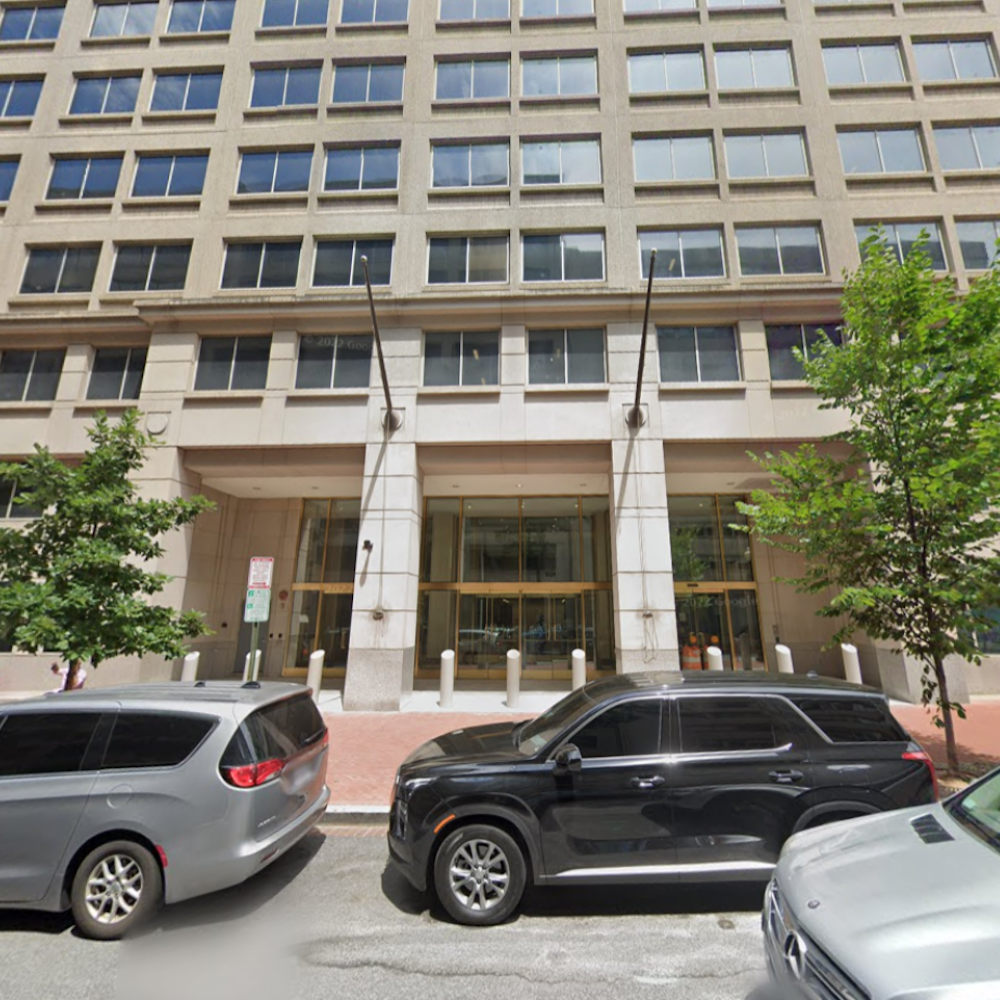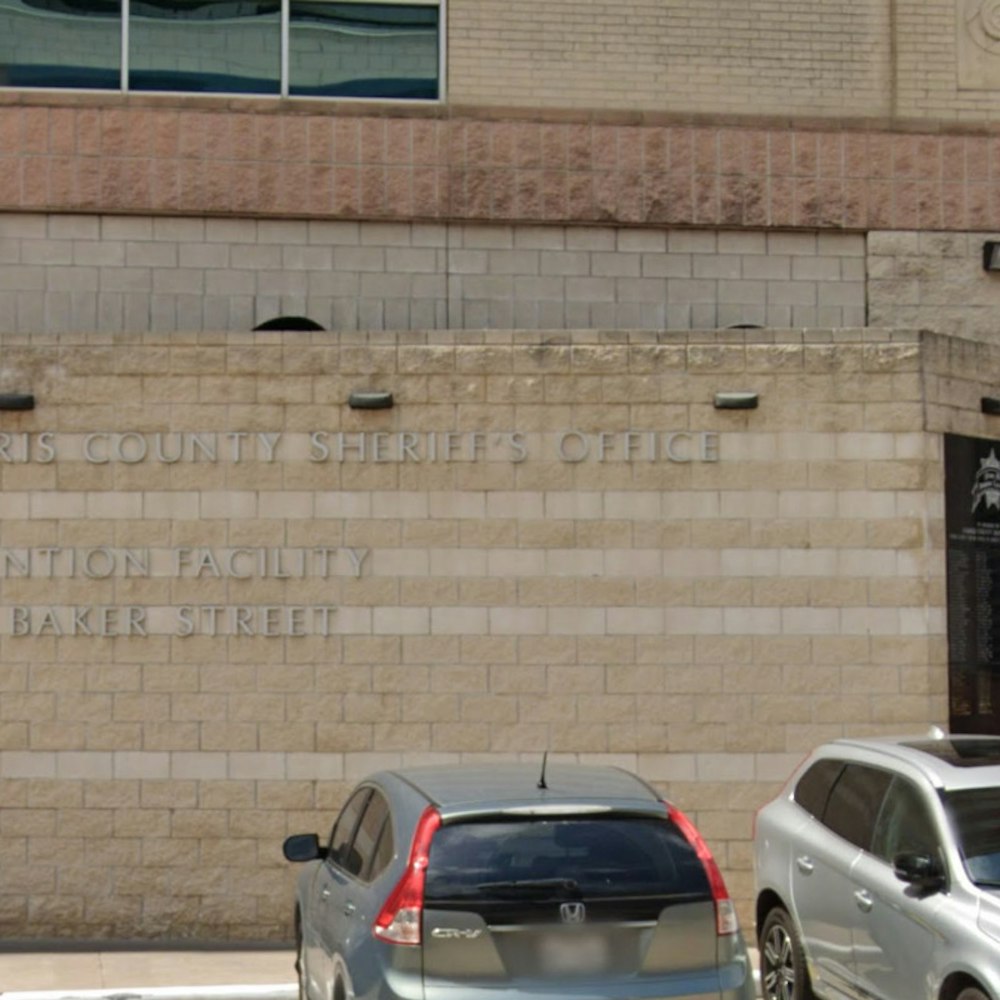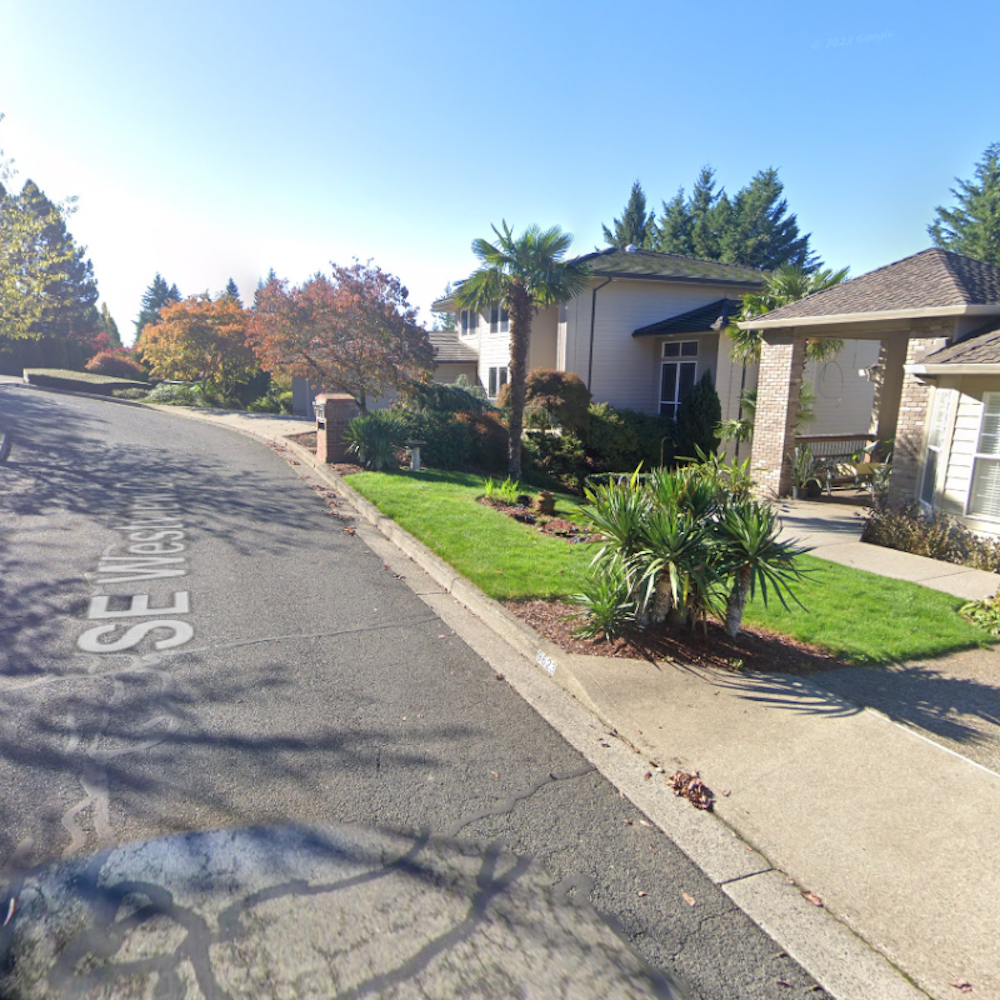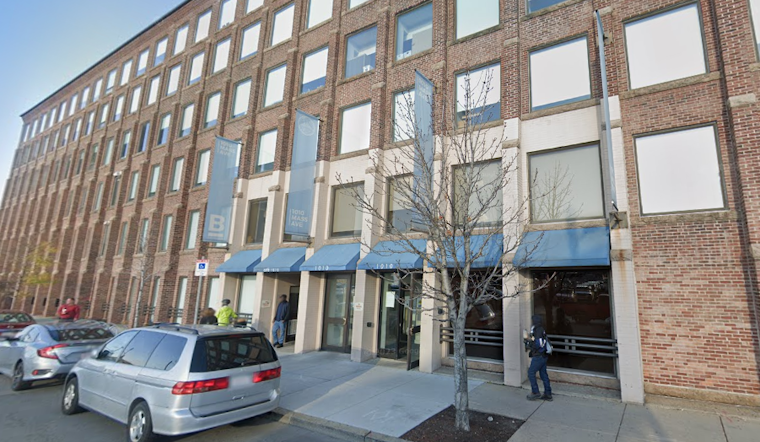
The Boston Public Health Commission (BPHC) released a report on October 5th, 2023, exposing significant racial disparities in maternal health outcomes in Boston. The report underscores the necessity of strategic actions and resources to redress these imbalances, primarily focusing on social determinants of health and improving healthcare access, especially in the Black community.
Data from the report disclose that Black residents in Boston have been experiencing the highest rates of infant mortality, preterm births, and low birth weights. In 2021, the infant mortality rate among Black infants was twice the city-wide average and three times the rate for white infants. To similarly disastrous proportions, incidence of low birth weights and preterm births were also significantly higher among Black infants and Black mothers, respectively.
Also, neighborhoods with higher Black residents like Hyde Park and Mattapan registered markedly worse maternal health outcomes compared to other locales within the city. This underscores the urgent need for action and dedication of more resources to tackle social determinants of health, and enhance accessibility to pregnancy and early child care services.
Racism, discrimination, and implicit bias within the health care system significantly contribute to these negative outcomes among Black individuals. The role of social determinants of health such as housing, income, food security, and neighborhood safety also cannot to ignore in this context. The report urges concerted efforts to enact policies and augment existing programs that directly address these root causes of racial inequities in birth outcomes.
As reported, BPHC has allied with service providers, community health centers, researchers, legislators, and community leaders to devise new strategies promoting health equity in Boston. Currently, the city has various programs such as the Healthy Baby Healthy Child program, the Boston Healthy Start Initiative, and the Welcome Family Program catering to new and expecting parents. Since 2020, these programs have successfully served nearly 3,000 women in Boston.
Continuing its efforts, BPHC has recently won a $4.7 million grant from the CDC for starting the Boston Healthy Families Community-Based Perinatal Health Project which plans to enhance the availability of doula care. This evidence-based approach has been proven to support families and improve birth outcomes. Through the project, BPHC endeavors to connect pregnant families to doula services, train and certify 25 new doulas from underprivileged communities, provide training to an additional 50 practicing doulas annually, and enhance awareness about the benefits of doula care.
Boston Mayor, Michelle Wu, reiterated her commitment to addressing the inequities and stated, "Boston, as a leading healthcare city, has a responsibility to address the social determinants of health that unfairly burden our residents, particularly BIPOC communities. The Maternal and Infant Health report’s findings are serious, and we will collaborate with our community and healthcare experts to find empowering solutions for mothers and families of all backgrounds."
Dr. Bisola Ojikutu, Commissioner of Public Health and Executive Director of the Boston Public Health Commission, voiced a similar commitment to bring about change, stating, "Our Maternal and Child Health of Boston Report presents a necessary call to action for our city. The stark racial disparities observed in infant mortality and other birth outcomes cannot continue. Luckily, Boston is equipped with the required public health infrastructure to rectify these inequities, and we commit our resources to this cause.
Despite the slow progress, the rising awareness regarding these disparities and devoted efforts towards rectifying racial inequities in maternal health outcomes offers an optimistic outlook. A collaborative approach involving community members, healthcare professionals, and policymakers, can address these intricate contributing factors and aspire for a more equitable healthcare environment for all Bostonians.
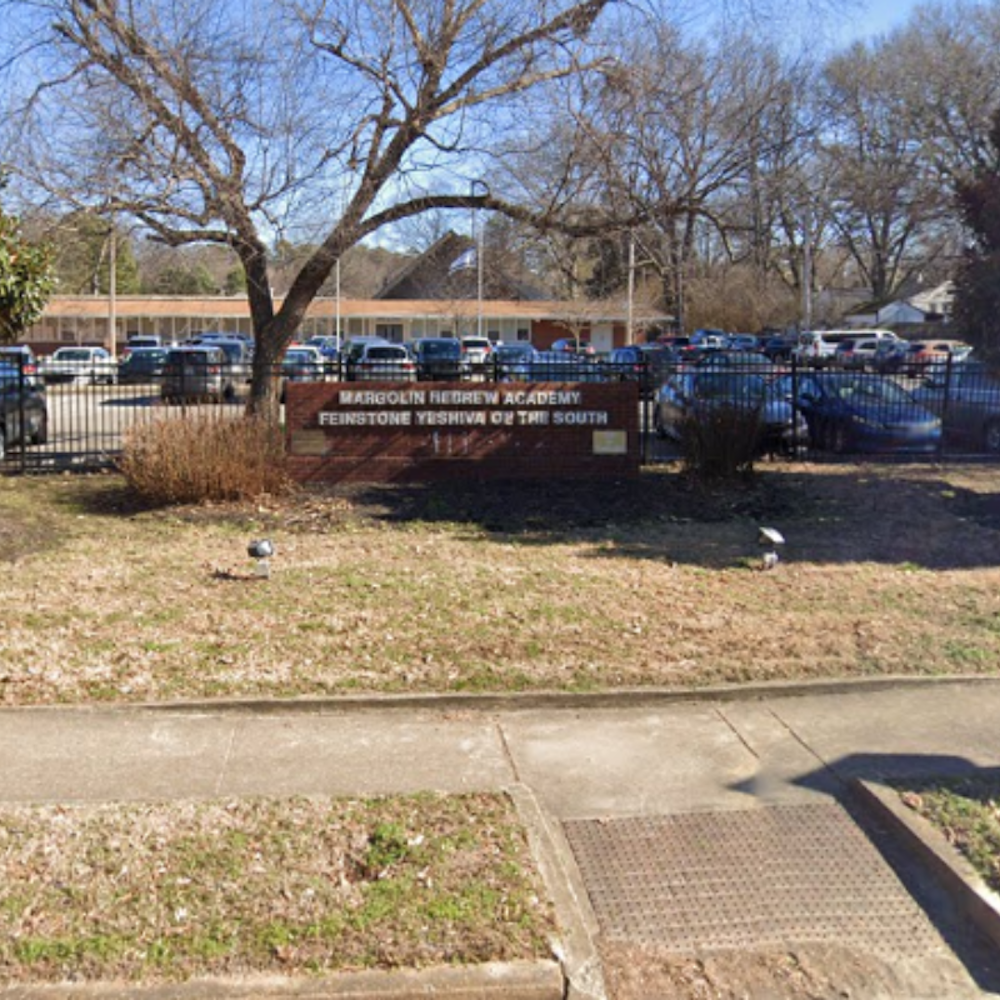
-1.webp?w=1000&h=1000&fit=crop&crop:edges)
